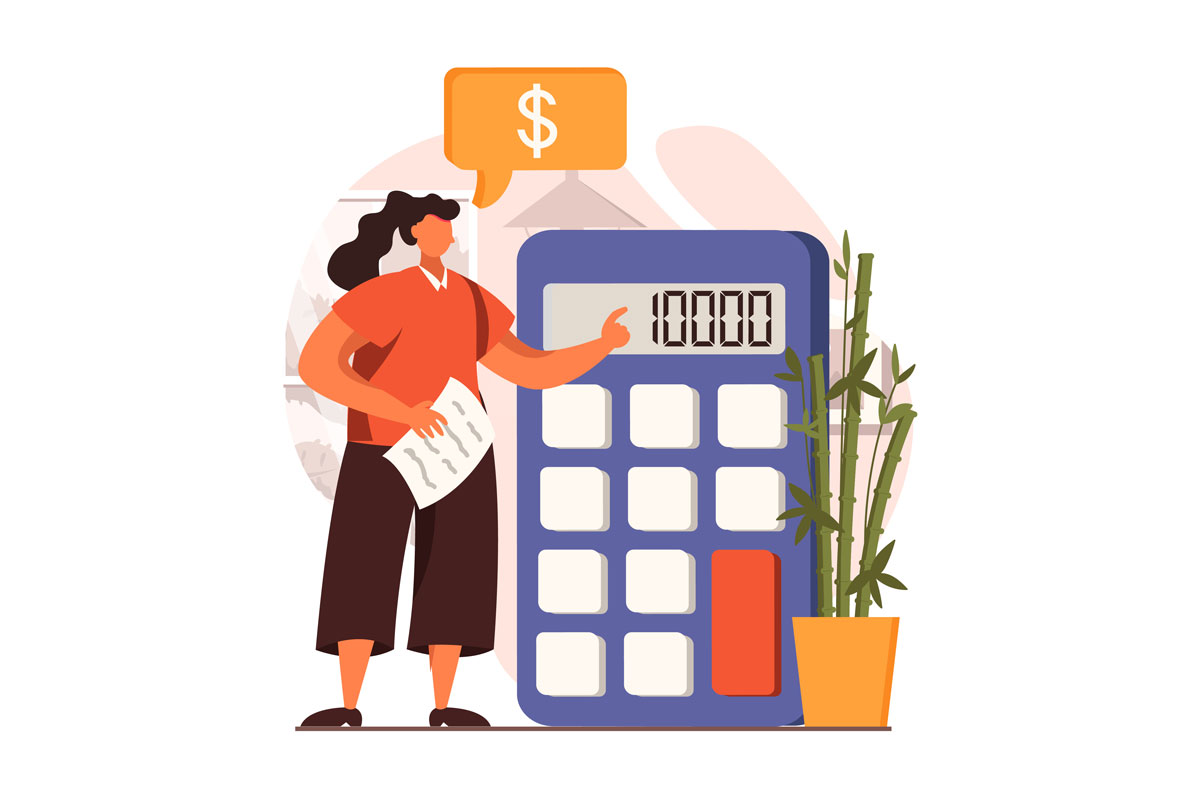 Image: Alexdndz. (Motion Array)
Image: Alexdndz. (Motion Array)
Business Essentials for Digital Artists
In the rapidly evolving world of digital art and creative professions, mastering the craft is just one part of the equation. To truly thrive, artists must also navigate the complex landscape of business management.
Whether you’re a freelance graphic designer, a digital painter, or involved in any other form of creative work, understanding business fundamentals is crucial. This blog post explores key business essentials that every digital artist and creative professional should know to succeed in the industry.
1. Building a Strong Online Presence
Establishing a Professional Website
In today’s digital age, a professional website is your virtual storefront. It’s the first point of contact for potential clients and a platform where you showcase your portfolio.
A well-designed website should reflect your artistic style and professionalism, include a gallery of your work, an about page, contact information, and testimonials if available.
Leveraging Social Media
Social media platforms like Instagram, LinkedIn, and Pinterest are invaluable tools for digital artists. They not only allow you to display your work but also to connect with other artists, industry professionals, and potential clients.
Regular posts and engagement with followers can help build a strong brand and attract freelance opportunities.
2. Understanding Copyrights and Licensing
Protecting Your Work
Copyright laws protect the intellectual property of artists, ensuring you retain rights to your creations. Understanding how to copyright your work prevents others from using it without permission and provides legal leverage in case of infringement.
Licensing Your Art
Licensing can be a significant revenue stream for digital artists. By licensing your designs or artwork, you grant permission for others to use your work in exchange for a fee. This can include everything from digital media and print to merchandise like t-shirts and posters.
It’s important to develop clear and concise licensing agreements that define the scope of usage, duration, and compensation.
3. Effective Networking Strategies
Attending Industry Conferences
Participating in industry conferences and workshops can be a powerful way to meet peers, learn about new trends, and connect with potential clients.
These events offer opportunities for collaboration and can lead to partnerships that may benefit your career.
Joining Professional Organizations
Joining organizations related to your field can provide numerous benefits, including access to exclusive resources, educational content, and networking opportunities. Many organizations also offer a platform to discuss industry standards and provide advocacy and support.
4. Financial Management for Creatives
Setting Up a Business Account
Keeping your personal and business finances separate is essential for tax purposes and overall financial clarity. Setting up a business bank account and using accounting software can help manage income, expenses, and invoicing more effectively.
Understanding Taxes
Taxes can be complex for freelancers and self-employed creatives. It’s crucial to understand what deductions you can claim, how to handle sales tax, and the importance of keeping thorough records. Consulting with a tax professional can save you time and protect you from costly mistakes.
5. Crafting a Compelling Portfolio
Selecting Your Best Work
Your portfolio is the cornerstone of your professional image. It should be carefully curated to showcase your best work that aligns with the type of assignments you want to attract. Regular updates and the inclusion of diverse projects can demonstrate your range and adaptability.
Using Testimonials and Case Studies
Including testimonials from clients and case studies of successful projects can greatly enhance your portfolio. They provide social proof of your skills and professionalism, which can persuade potential clients to choose your services over others.
6. Mastering Client Relations
Effective Communication
Clear communication is vital in managing client expectations and building lasting relationships. Be transparent about your process, deadlines, and any potential issues that might arise.
Regular updates can keep clients engaged and satisfied throughout the project lifecycle.
Handling Contracts and Negotiations
Contracts are fundamental in clarifying the scope of work, deliverables, timelines, and payment terms. They protect both you and the client and help avoid misunderstandings. Learn the basics of contract law or consult with a legal professional to draft contracts that are fair and binding.
7. Continuous Learning and Adaptation
Keeping Up with Industry Trends
The digital art world is continuously changing, with new tools, technologies, and styles emerging regularly. Staying updated with these trends can inspire your work and keep it relevant.
Investing in New Skills
Investing in your professional development can open up new opportunities and expand your services. Whether it’s learning a new software, mastering a new technique, or understanding the business side of art more deeply, continuous learning is essential.
Wrapping up
Navigating the business aspect of being a digital artist or creative professional is no small feat, but with the right knowledge and strategies, it is entirely manageable.
By building a strong online presence, understanding legal protections, managing finances effectively, crafting a compelling portfolio, mastering client relations, and committing to continuous learning, you can establish a thriving career in the creative industry.
Remember, success is not just about talent—it’s also about strategy and execution.







